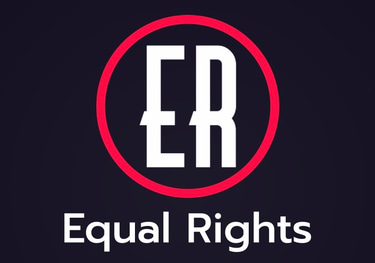Should Voting Be Mandatory for All Citizens?
Kylo B
5/4/2024
Should Voting Be Mandatory for All Citizens?
The question of whether voting should be mandatory for all citizens is a topic of significant debate in political theory and practice.
Mandatory voting laws require eligible citizens to participate in elections, imposing penalties for non-compliance.
Proponents argue that mandatory voting enhances democracy and political engagement, while opponents raise concerns about individual liberty and the effectiveness of compelled participation.
This article delves into the complexities of mandatory voting, examining arguments from both sides and considering the implications for democratic governance.
Arguments in Favor of Mandatory Voting
Enhancing Democratic Participation: Proponents argue that mandatory voting increases voter turnout, ensuring broader representation and legitimacy of elected officials.
Civic Duty & Responsibility: Voting is viewed as a civic duty and responsibility of citizenship, essential for promoting collective decision-making and civic engagement.
Reducing Socioeconomic Bias: Mandatory voting can help mitigate disparities in voter turnout based on socioeconomic status, ensuring more equitable political representation.
Strengthening Democracy: Mandatory voting fosters a culture of democratic participation, encouraging citizens to be informed about political issues and policies.
Legitimacy of Government: Higher voter turnout enhances the legitimacy of elected governments, reflecting broader societal preferences and interests.
Arguments Against Mandatory Voting
Freedom of Choice: Critics argue that mandatory voting infringes on individual freedom and autonomy, as citizens should have the right to abstain from participation if they so choose.
Quality vs. Quantity: Mandatory voting may lead to uninformed or coerced voting decisions, potentially undermining the quality of electoral outcomes.
Political Efficacy: Compelled voting may not address underlying issues of political disengagement and distrust in political institutions.
Enforcement Challenges: Implementing and enforcing mandatory voting laws could be administratively complex and raise concerns about coercion and penalties.
Alternative Reforms: Critics suggest alternative reforms to enhance voter participation, such as improving civic education, expanding access to voting, and addressing systemic barriers.
Case Studies & Global Perspectives
Australia: Australia has a longstanding tradition of mandatory voting, with penalties for non-voting. Proponents argue that mandatory voting has contributed to high voter turnout and political engagement.
Belgium: Belgium also has mandatory voting laws, which have been in place since the late 19th century. The country consistently records high voter turnout rates.
Contrasting Examples: Countries like the United States and the United Kingdom do not have mandatory voting laws, relying on voluntary participation in elections.
Ethical & Practical Considerations
The debate over mandatory voting raises important ethical and practical considerations:
Balancing Rights & Responsibilities: How do we balance individual rights with societal responsibilities in a democratic society?
Effectiveness of Compelled Participation: Does mandatory voting effectively address the underlying causes of low voter turnout and political disengagement?
Democratic Values: To what extent should democratic values of representation and legitimacy outweigh concerns about coercion and individual autonomy?
The question of whether voting should be mandatory for all citizens involves complex trade-offs between individual liberty and collective participation in democratic governance.
While mandatory voting may enhance democratic participation and representation, it also raises concerns about coercion and the quality of electoral outcomes.
Ultimately, the decision to implement mandatory voting laws requires careful consideration of democratic values, societal norms, and the broader context of political engagement.
By examining diverse perspectives and empirical evidence, policymakers and citizens can engage in informed debates about the role of mandatory voting in strengthening democratic governance and civic life.
